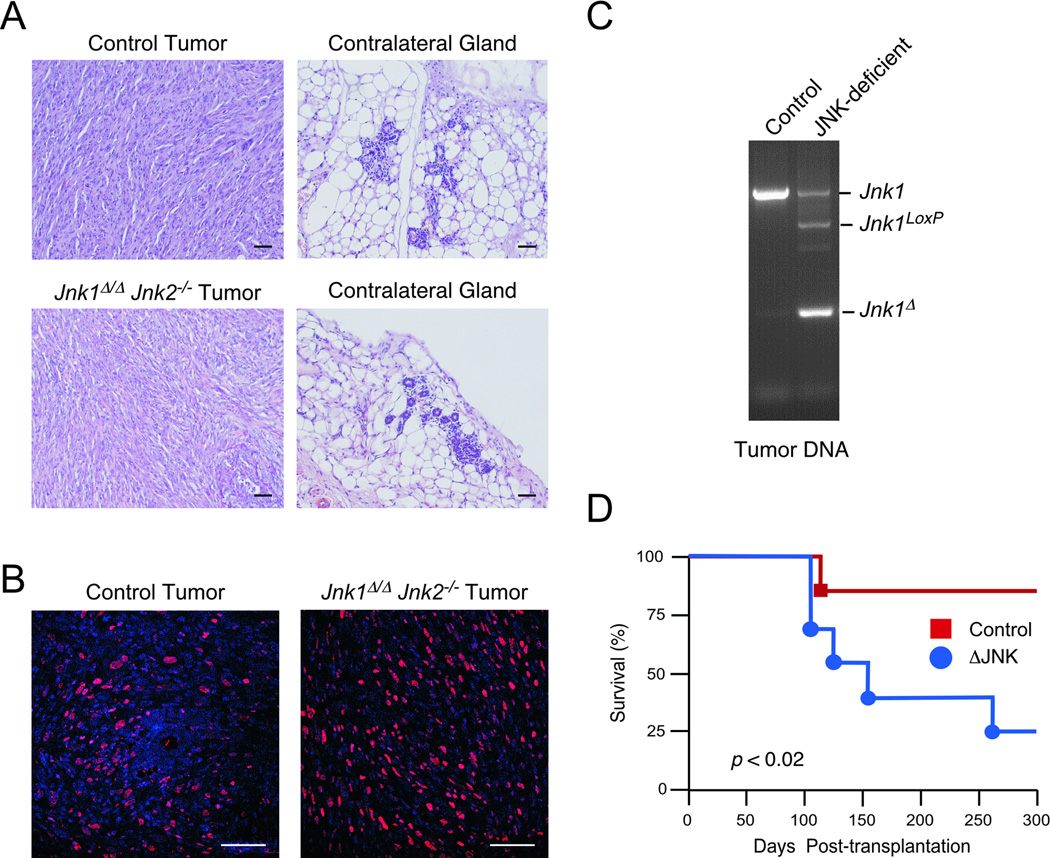Figure 6. Effect of JNK-deficiency on mammary tumor development.
Transplantation assays were performed using mammary tissue from female donor mice and female recipient nude mice. Control (KRasLSL-G12D/+ Trp53LoxP/LoxP CreERT) tissue was transplanted in one cleared mammary gland and KRasLSL-G12D/+ Trp53LoxP/LoxP Jnk1LoxP̃/LoxP Jnk2−/− CreERT tissue was transplanted in the contralateral gland of the same recipient mouse. The transplanted mice were treated with tamoxifen at two weeks post-surgery.
A) Sections of transplanted breast mammary glands were stained with H&E. Scale bar = 50 µm.
B) Sections of breast tumors were stained with an antibody to PCNA (red). DNA was stained with DAPI. Scale bar = 75 µm.
C) Genomic DNA isolated from Control and JNK-deficient breast tumors was examined by PCR using amplimers to detect the wild-type Jnk1 allele (1.5 kb), the Jnk1LoxP allele (1.1 kb), and the ablated allele ΔJnk1 (0.4kb).
D) Kaplan-Meier analysis of tumor-free survival of transplanted mice (n = 8). The development of JNK-deficient tumors was significantly more rapid than Control tumors (p < 0.02; Log-rank test).

